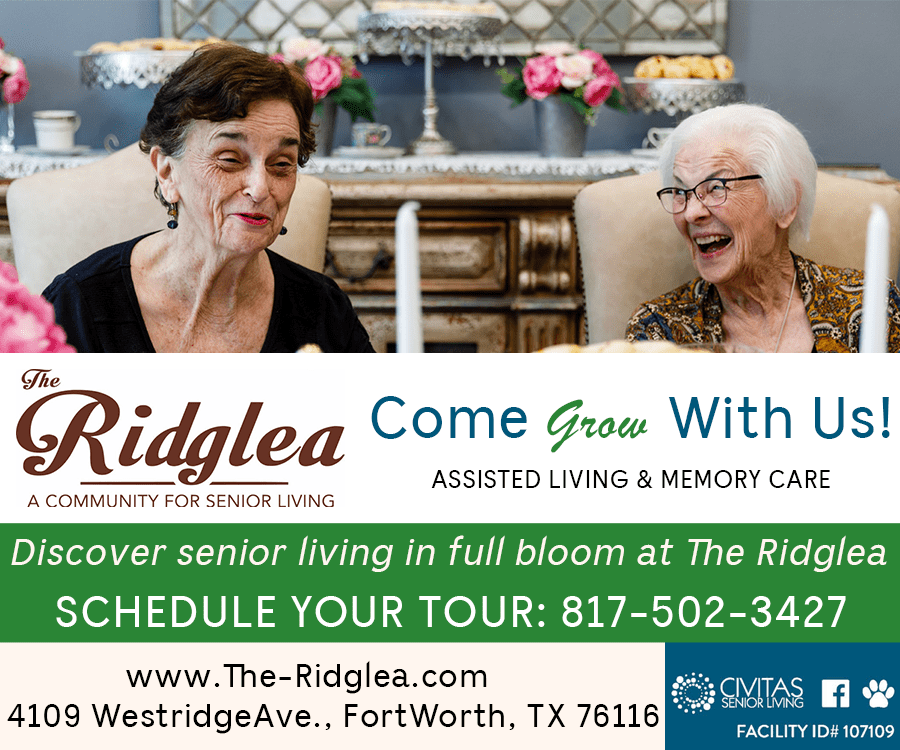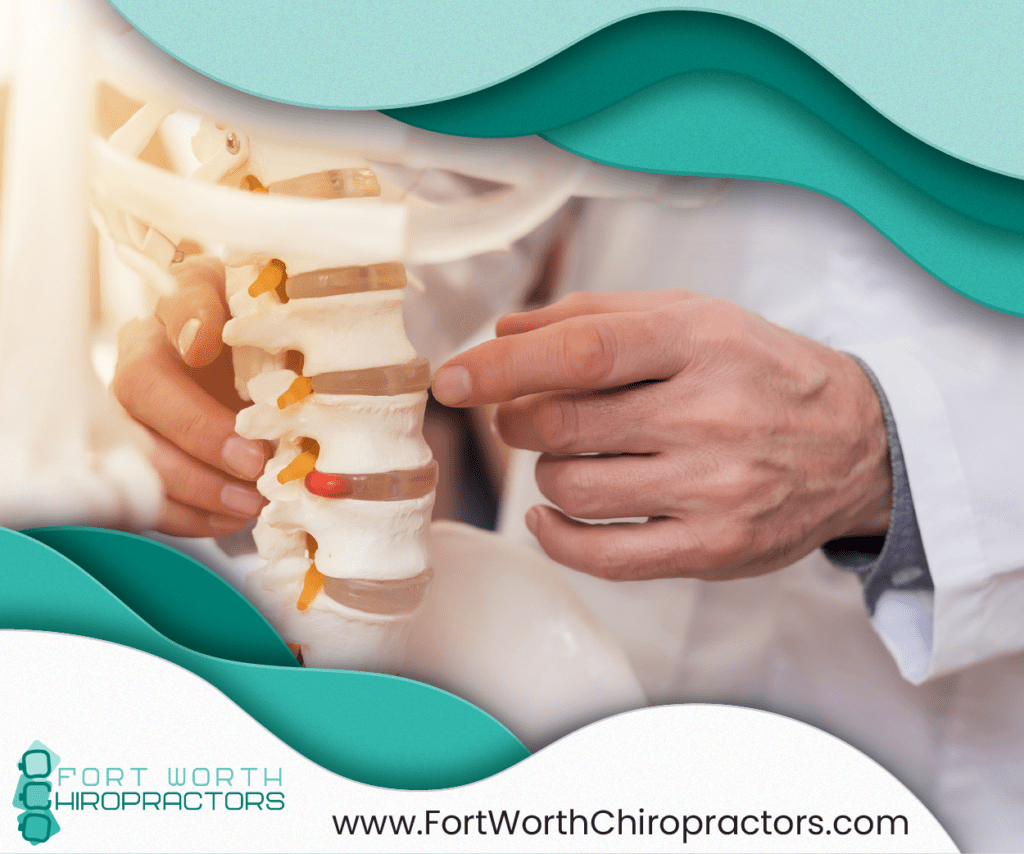
Embracing the Golden Years with Elegance and Health
Aging gracefully isn’t just about trying to look younger; it’s about living the best life possible while acknowledging the natural process of aging. It involves a holistic approach that integrates both physical and mental well-being, emphasizing the importance of taking care of one’s body as well as one’s spirit and social connections. As individuals age, their focus often shifts toward maintaining health and wellness, seeking fulfillment in activities that both bring joy and promote longevity.
Lifestyle choices play a key role in how people experience aging. A balanced diet, regular physical activity, and mental exercises can significantly impact one’s quality of life. People who approach aging with a positive mindset tend to discover that with maturity comes a wealth of experience that can be applied to overcome new challenges and adapt to life’s changes more gracefully. They understand the value of nurturing relationships, engaging in lifelong learning, and staying active in their communities, all of which contribute to a more satisfying aging process.
Embracing the aging journey means recognizing that while change is inevitable, growth is intentional. It’s about finding new hobbies, maintaining social ties, and sometimes redefining personal definitions of success and happiness. This outlook helps individuals not only to look and feel their best as they grow older but to also appreciate the unique advantages each phase of life has to offer.
Understanding Aging
Aging is a complex process influenced by genetic, environmental, and lifestyle factors. This section delves into the intricacies of aging, exploring its biological underpinnings, psychological dimensions, and sociocultural context.
Biological Mechanisms
Biological aging involves changes at the cellular and molecular levels that lead to a gradual decline in physiological functions and increased vulnerability to diseases. Two key factors in biological aging are telomere shortening and cellular senescence. Telomeres, the protective caps at the ends of chromosomes, shorten each time a cell divides, eventually resulting in cellular aging and dysfunction. Moreover, cells can enter a state known as senescence, where they no longer divide but still affect neighboring cells through inflammatory signals.
Psychological Aspects
Psychologically, aging can be associated with shifts in cognition, emotion, and motivation. An individual’s experience with aging varies considerably, but common trends include greater emotional regulation and shifts in cognitive abilities. While some cognitive abilities like memory might decline, the ability to control one’s emotions often improves. A proactive attitude towards embracing and thriving in one’s golden years can influence the psychological experience of aging.
Sociocultural Perspectives
Aging doesn’t occur in a vacuum; it’s shaped by societal attitudes and cultural norms. Sociocultural perspectives consider the roles, behaviors, and expectations associated with aging within a community. Societies vary widely in how they view the elderly, with some cultures demonstrating deep reverence, while others are more inclined towards ageism. Social support networks and family structures play a critical role, as highlighted by the concept of aging gracefully on one’s own terms, shaping how individuals perceive and navigate their later years.
Health and Wellness
Aging gracefully largely depends on maintaining optimal health and wellness through informed lifestyle choices. This involves a strategic approach to nutrition, regular engagement in physical activity, and attention to mental health and cognition.
Nutrition for Longevity
One’s diet significantly affects how one ages. Consuming a variety of nutrient-rich foods, such as fruits, vegetables, and whole grains, can enhance longevity. It’s also recommended to limit red meat and increase intake of lean proteins like fish and beans for heart health.
Exercise and Physical Activity
Regular exercise is crucial for maintaining physical strength and mobility with age. Activities like walking, swimming, or yoga not only help with muscle tone and cardiovascular health but also enhance flexibility and balance, reducing the risk of falls.
Mental Health and Cognition
Mental wellness is just as important as physical health. Engaging in activities that stimulate the brain, such as puzzles, reading, or learning new skills, supports cognitive function. Additionally, practices like mindfulness and stress management techniques can contribute to a better quality of life and improved mental health.
Lifestyle Choices
The choices individuals make in their lives can greatly influence the aging process. This section delves into key lifestyle aspects such as maintaining social connections, navigating life transitions, and engaging in hobbies and lifelong learning to age gracefully.
Social Connections
Strong social ties are essential for longevity and well-being. People who maintain supportive relationships with family, friends, and community members tend to have better mental health, and these connections can also influence physical health positively. For instance, engaging in regular social activities can enhance one’s mood, reduce stress, and promote a sense of belonging.
Life Transitions
Handling life transitions like retirement or the loss of loved ones with resilience can impact how one ages. Individuals who approach changes proactively and adapt by finding new roles or activities maintain a higher quality of life. Preparing and planning for these transitions is a constructive strategy that can provide stability and contentment during later years.
Hobbies and Lifelong Learning
Pursuing hobbies and committing to lifelong learning keep the mind active and can contribute to cognitive health. Whether it’s learning a new language, playing a musical instrument, or painting, these activities can increase neural connections and promote mental agility, helping individuals to age with grace and vitality.
Medical Considerations
When aiming to age gracefully, one must consider the important role that medical care plays. Medical considerations encompass a spectrum of proactive and responsive strategies to maintain and manage an individual’s health as they age.
Preventive Healthcare
Preventive healthcare is a foundation for aging well, involving routine screenings and vaccinations. Individuals should follow recommended schedules for health assessments including cancer screenings, blood pressure checks, and diabetes tests. Regular dental and vision exams are critical, as these can be early indicators of other health issues. Keeping up with immunizations is another key aspect of preventing illnesses that can impact one’s quality of life.
Chronic Disease Management
Effective management of chronic diseases can profoundly affect an individual’s ability to age with independence and vitality. Conditions like heart disease, diabetes, and arthritis require regular monitoring. Adhering to prescribed treatments and lifestyle recommendations from healthcare providers can mitigate the risk of complications. Nutritional considerations, like minimizing sodium intake for blood pressure control, are specific actions that support chronic disease management.
Medication Management
Finally, medication management is integral for maintaining health as one ages. It involves:
- Ensuring the correct dosages of medications are taken at the right times.
- Awareness of possible drug interactions.
- Understanding of all prescription and over-the-counter medications one is consuming.
Regular consultations with healthcare professionals can help to identify any medications that are unnecessary or those which might cause adverse effects. GoodRx offers resources on managing medications and understanding their effects as part of an overall strategy for healthy aging.
Aesthetic Approach
The aesthetic approach to aging gracefully encompasses conscientious skincare, personal style evolution, and, where desired, cosmetic interventions to support one’s self-image.
Skincare and Sun Protection
Proper skincare is critical in maintaining a youthful appearance. Daily use of a broad-spectrum sunscreen minimizes photoaging, while incorporating antioxidants and retinoids can significantly improve skin texture. A regimen tailored to individual skin types and concerns goes a long way in maintaining skin’s elasticity and radiance.
Fashion and Personal Style
As individuals age, their fashion choices can evolve to reflect their changing bodies and preferences. Emphasizing comfort and personal style, rather than strictly following trends, can enhance their overall appearance and confidence. Selecting clothing that complements their body shape and incorporating signature accessories are ways people maintain their distinct style.
Cosmetic Procedures
For those inclined, cosmetic procedures can be part of a proactive approach to manage the signs of aging. Non-invasive treatments, such as fillers and botox, help smooth lines and restore volume, while more substantial interventions like facelifts and lasers offer longer-term solutions. It’s important to seek qualified professionals to ensure safety and desired outcomes.
Financial and Legal Planning
Aging gracefully involves careful preparation to ensure financial stability and adherence to one’s wishes regarding assets and health. Strategic planning in these areas can provide peace of mind and a secure foundation for the later years of life.
Retirement Planning
Retirement planning is essential for a secure and comfortable post-working phase. It involves assessing financial needs and developing a comprehensive savings strategy. One must consider multiple income streams, such as social security, pensions, investments, and savings accounts, to cover living expenses and leisure activities.
Estate Management
Effective estate management ensures that an individual’s assets are distributed according to their wishes. It encompasses wills, trusts, and beneficiary designations, all of which require careful consideration and regular review. Planning also includes minimizing potential taxes and legal fees, thereby maximizing the value of the estate for heirs.
Healthcare Directives
Healthcare directives are legal documents that outline an individual’s preferences for medical care if they are unable to communicate their decisions. They include living wills and durable powers of attorney for healthcare, instructing family and physicians on treatment preferences and appointing a trusted person to make healthcare decisions on one’s behalf.
Community and Environment
The interplay between community and environment significantly impacts the quality of life for individuals as they age. Communities designed with consideration for aging populations can provide a supportive atmosphere conducive to aging gracefully.
Housing Options
Housing is a critical aspect of aging, with individuals often seeking living arrangements that offer both independence and opportunities for socialization. Intentional communities, such as those facilitated by the Foundation for Intentional Community, focus on creating spaces where people can age in place together, sharing resources and support. Additionally, the concept of cohousing, combining private homes with communal spaces, allows older adults to maintain their own living space while being part of a closely-knit community.
Accessibility and Mobility
Ensuring that environments are accessible is crucial for aging individuals. This often entails the availability of safe, age-friendly public transportation options along with the design of neighborhoods that are walkable with amenities within easy reach. The importance of this aspect is showcased by initiatives like the one described on the National Center for Healthy Housing website, which emphasizes the need for healthy housing that accommodates older adults’ mobility requirements.
Volunteering and Civic Engagement
Staying socially active through volunteering and civic engagement contributes to a sense of purpose and well-being in older age. Engaging in community service can have a beneficial impact on mental and physical health, with organizations often creating roles specifically designed to be accessible for older volunteers. For instance, attention to creating opportunities as discussed on Positive Psychology highlights the emphasis on contribution and meaningful engagement as part of the positive aging process.
Technology and Innovation
Advances in technology can significantly enhance the lives of older adults, offering solutions for improved independence and social connection. Below, the article elaborates on specific technological innovations in assistive devices, digital literacy, and online communities.
Assistive Devices
Assistive devices have evolved to empower older adults in maintaining their autonomy. For instance, innovative fall detection bracelets can alert caregivers in case of an incident, fostering a safer living environment. Moreover, auditory aid devices have been refined to protect against age-related hearing loss, ensuring that communication remains a constant in their everyday life.
Digital Literacy
Digital literacy is imperative for seniors to benefit fully from available technology. Educational programs geared towards enhancing older people’s understanding of digital tools can lead to improved management of their personal health and wellbeing. This knowledge is crucial for navigating modern healthcare facilities, online services, and keeping up with personal interests and hobbies through digital means.
Online Communities
Online communities offer a platform for older individuals to connect with others, providing emotional support and fostering relationships. They serve as a gateway to combat social isolation by enabling seniors to engage in conversations, participate in group activities, and share experiences with their peers from the comfort of their homes.
Cultural Representation
Cultural representation in the context of aging involves how different societies depict and regard older individuals through various mediums, relationships, and societal movements.
Media Portrayals
In media, older adults are often showcased in stereotypes, but there’s a growing trend toward more nuanced and positive representations. For instance, movies and television shows now include characters that demonstrate the complexities of aging, portraying older individuals as active, wise, and central to the storyline. This shift reflects a broader cultural recognition of the value of older adults’ experiences and contributions.
Intergenerational Relationships
Different cultures emphasize the strength of intergenerational relationships, which can provide a richer depiction of aging. These relationships are celebrated, for instance, in many Eastern societies, where family structures often involve multiple generations living together, fostering a deep sense of respect for the elderly. Examples can be found in cultures that uphold the wisdom and guidance of elders, recognizing them as integral family members and community leaders.
Ageism and Advocacy
Ageism is a global challenge, but advocacy efforts are gaining momentum, seeking to dismantle negative stereotypes and promote policies that protect the rights of older adults. Initiatives and campaigns work toward creating a society where aging is not feared but embraced, and where the contributions of older adults are valued and celebrated. These movements are crucial in shaping how cultures understand and respect the process of aging.








